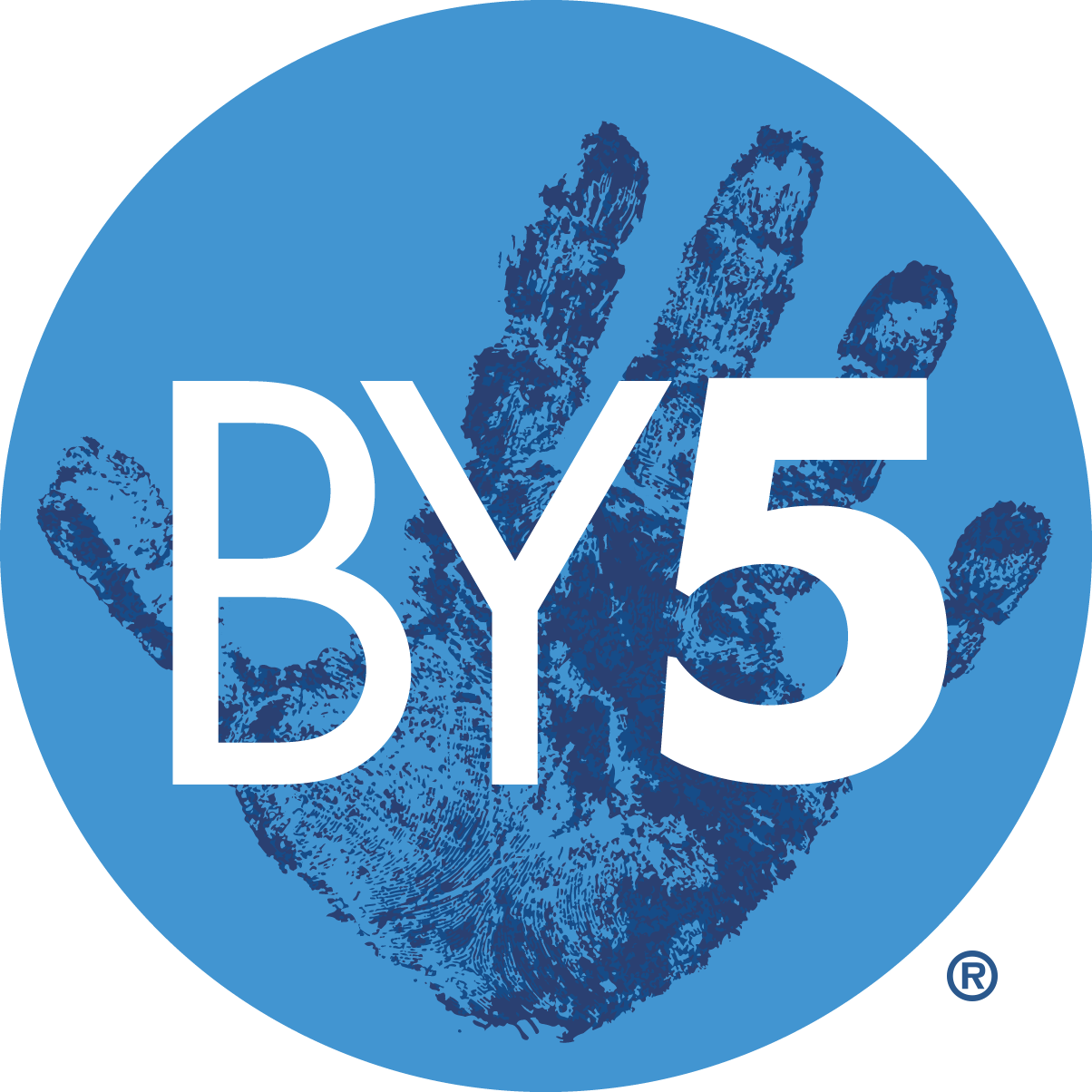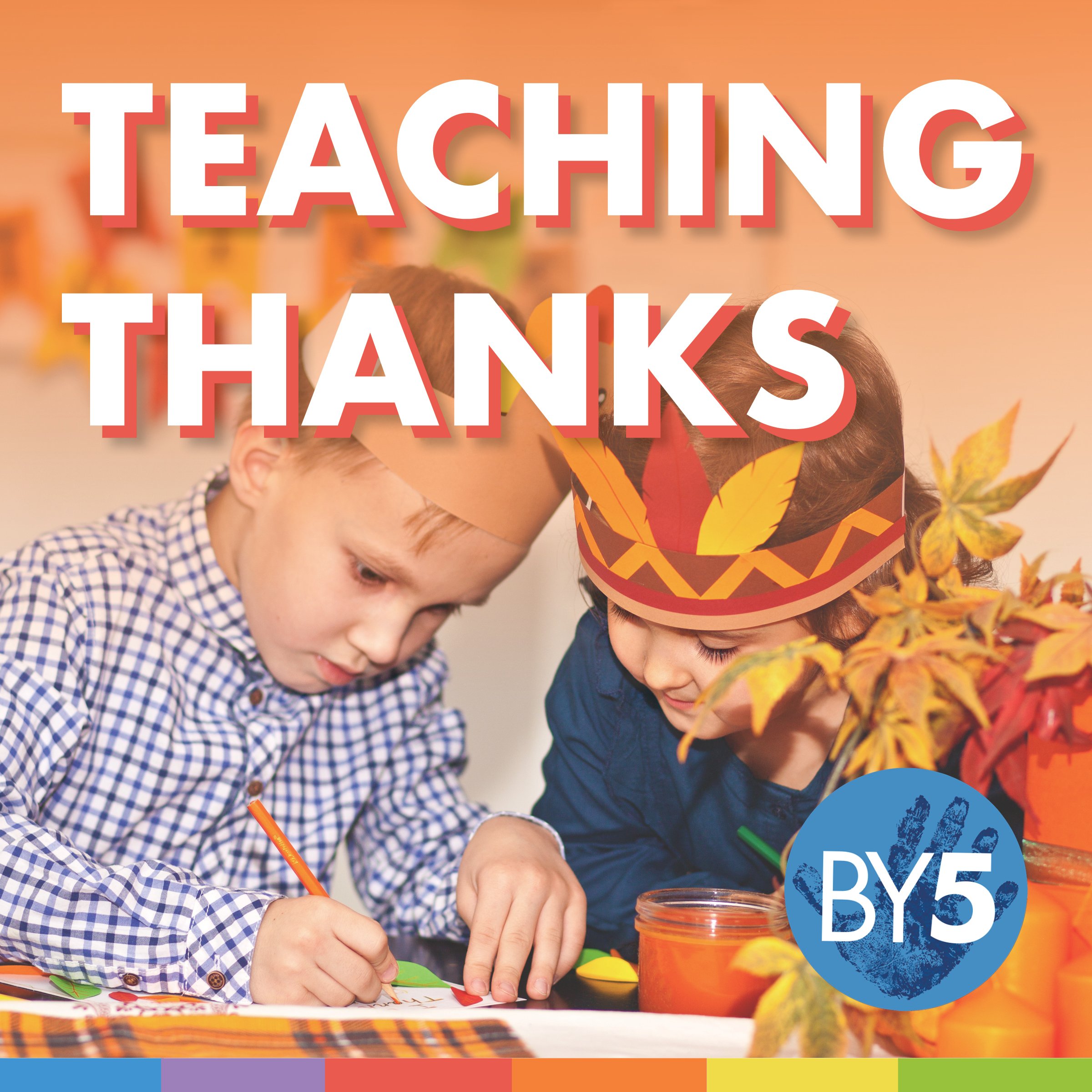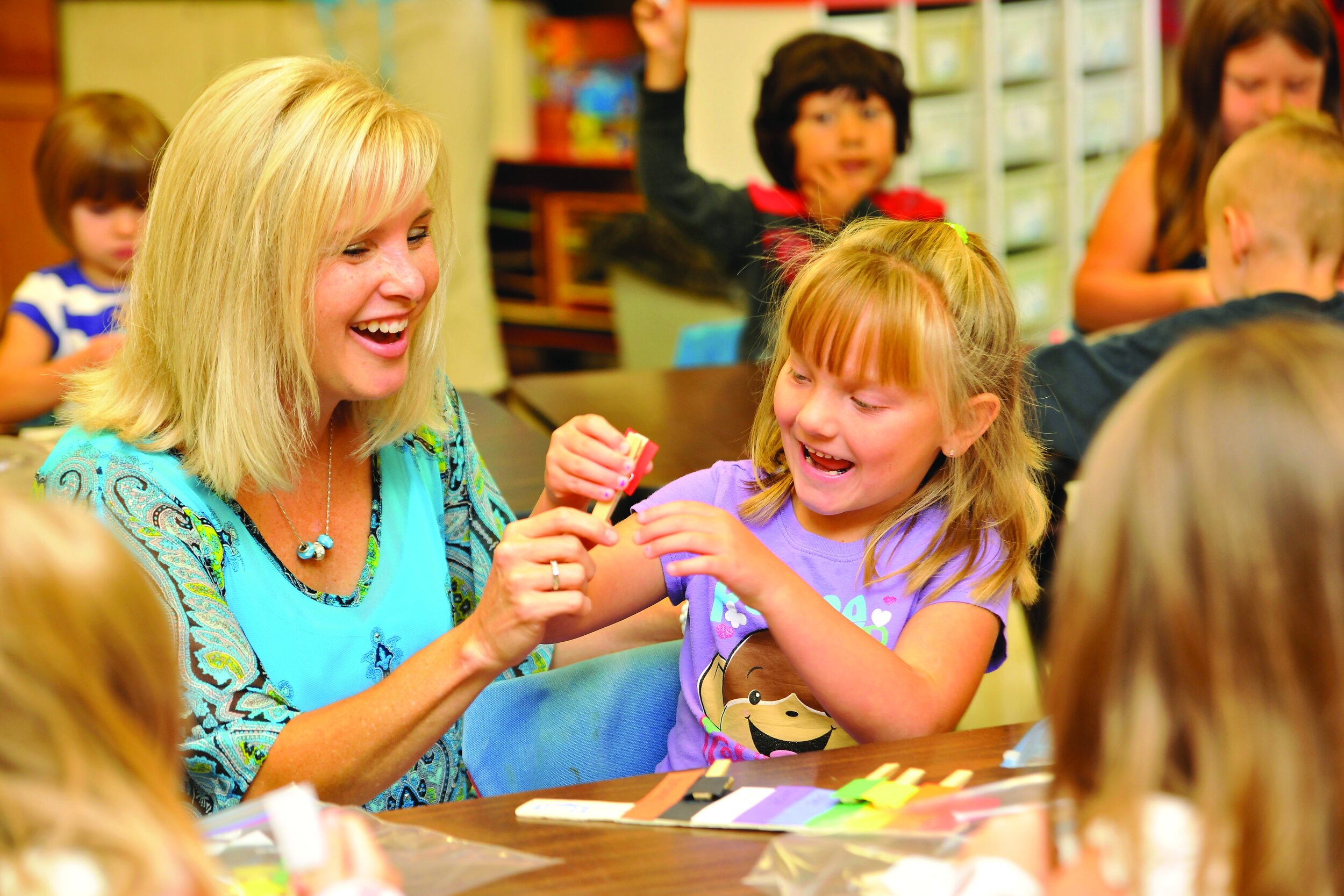With school being out, your child is not participating in classroom activities, which can cause a loss in their language skills like reading, spelling, and writing. That’s why summer reading is so important—it’s a simple way to prevent this “summer slide.”
Summer reading doesn’t have to be hard; it can be simple and fun! Check out our list of 7 ways to incorporate reading into your child’s summer routine—and help prevent summer learning loss:
1. Take A Trip to Your Local Library
This is a fabulous way to expand your child’s horizons. They can pick and choose from a variety of books, encouraging them to try new things. Make it a weekly or monthly way to spend quality time together while keeping your child engaged with reading. Be sure to check with your local library about summer reading programs and incentives, like Muncie Public Library’s Summer Reading Program (open to children and adult, no library required!).
2. Enjoy Reading Outdoors
Speaking of quality time, step outside to enjoy some books together! You can even make a little picnic out of it. You and your child can bring along a few of your favorite reads while you enjoy the beautiful summer weather. You can lead the reading and have your child follow along, or they could take a shot at it, encouraging them to enhance their vocabulary by reading new, challenging words. If you don’t have a book of your own, check out Minnetrista’s many book walks, which feature stories placed along a walking path.
3. Focus On Improving Reading Comprehension
Not only is reading important, but so is comprehension. To build your child’s reading comprehension skills, try starting your own mini summer book club! This is a great way to get the whole family or friends involved too. Meet regularly to discuss the latest book on your book club list. Ask questions and encourage the children to talk about what they’ve read. Your book club is up to your imagination!
4. Make a Commitment to Summer Reading
Make reading an exciting adventure by creating a reading pathway that maps out the books you’ll read during the summer. Plus, having a pre-determined map will help keep you accountable. But remember: this map is a guide, so if your child wants to veer from that list, that’s okay!
5. Remember You’re Not Alone
Online resources that can be utilized as a guide for your child’s summer reading are your best friend, especially if you’re feeling lost about where to start. There are plenty of sites that can inspire ideas of games and activities to make summer reading fun. Some resources we suggest looking at include:
6. Turn on Subtitles
Books aren’t the only way for your child to improve their reading skills. Reading Rockets, a national public media initiative, suggests that turning on closed captions during your child’s TV shows can improve basic reading skills such as phonics, word recognition, and fluency. This is a great option to add a little versatility to your child’s summer reading routine, especially for very young children who are still developing their foundational reading skills.
7. Opportunities are all Around You
Reading is essential to everyday life. Utilize opportunities to read street signs, storefronts, menu items at restaurants, and other sights in everyday life to improve your child’s reading skills. Pointing these examples out to your child is a fast, fun, and simple way for your child to pick up on the reading skills they’ll need during their day-to-day life. If you’re planning to go on a family trip this summer, you can even have your child do some “research” by looking up fun facts or the history of the destination you are traveling to. They can also collect items like postcards, ticket stubs, or take photos during the vacation to start a summer scrapbook where they can write captions about the items and places they saw.
As Jill Grifehagen, Ph.D, literacy education professor at North Carolina State University, emphasizes, “Reading together supports children’s language and literacy development and is effective at promoting oral language and comprehension skills throughout elementary school.” Get involved in your child’s learning and help prevent the summer slide!










